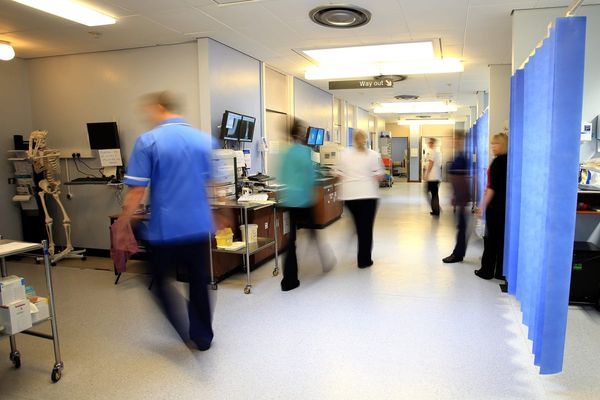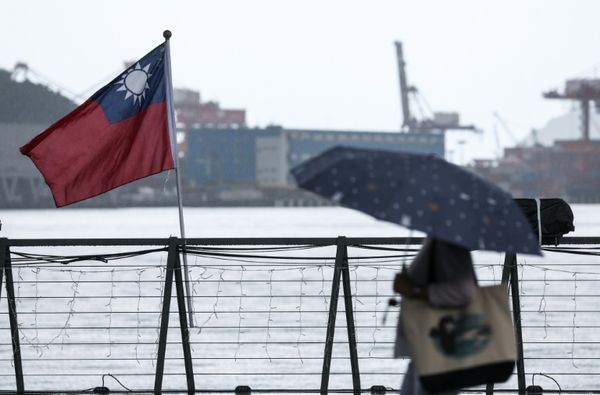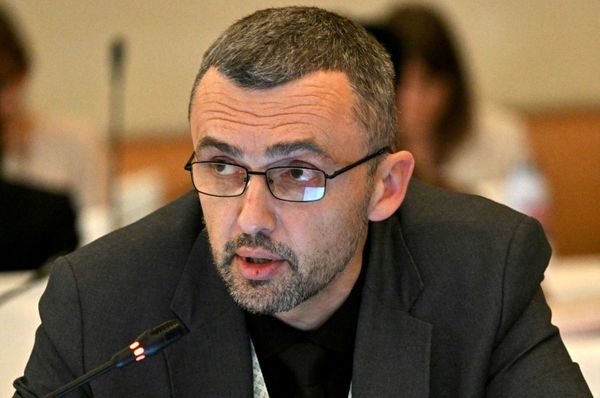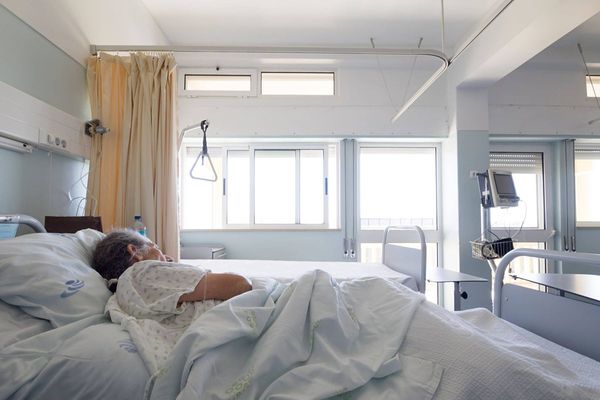
Recent analysis shows that under President Putin's leadership, Russia's economy has seen significant growth, particularly in the defense sector. This growth has been fueled by increased military spending, leading to what some experts are calling a 'war economy'.
However, despite this growth in the defense sector, many Russians are experiencing a decline in their incomes. This has resulted in what is being referred to as a 'lost decade' for many Russian citizens.
The increase in military spending has led to a boost in Russia's defense capabilities, with the country investing heavily in modernizing its armed forces. This has allowed Russia to assert itself on the global stage and strengthen its position in various geopolitical conflicts.
On the other hand, the average Russian household has seen a decrease in their purchasing power, with incomes stagnating or even declining in some cases. This has led to a growing sense of economic insecurity among the population.
Experts warn that this disparity between the growth in the defense sector and the decline in household incomes could have long-term consequences for Russia's economy. Without addressing the issue of declining incomes, Russia may face challenges in sustaining its economic growth in the future.
As Russia prepares for upcoming elections, the state of the economy is likely to be a key issue for voters. The government will need to address the concerns of the population regarding their incomes and economic well-being in order to maintain stability and support among the Russian people.







